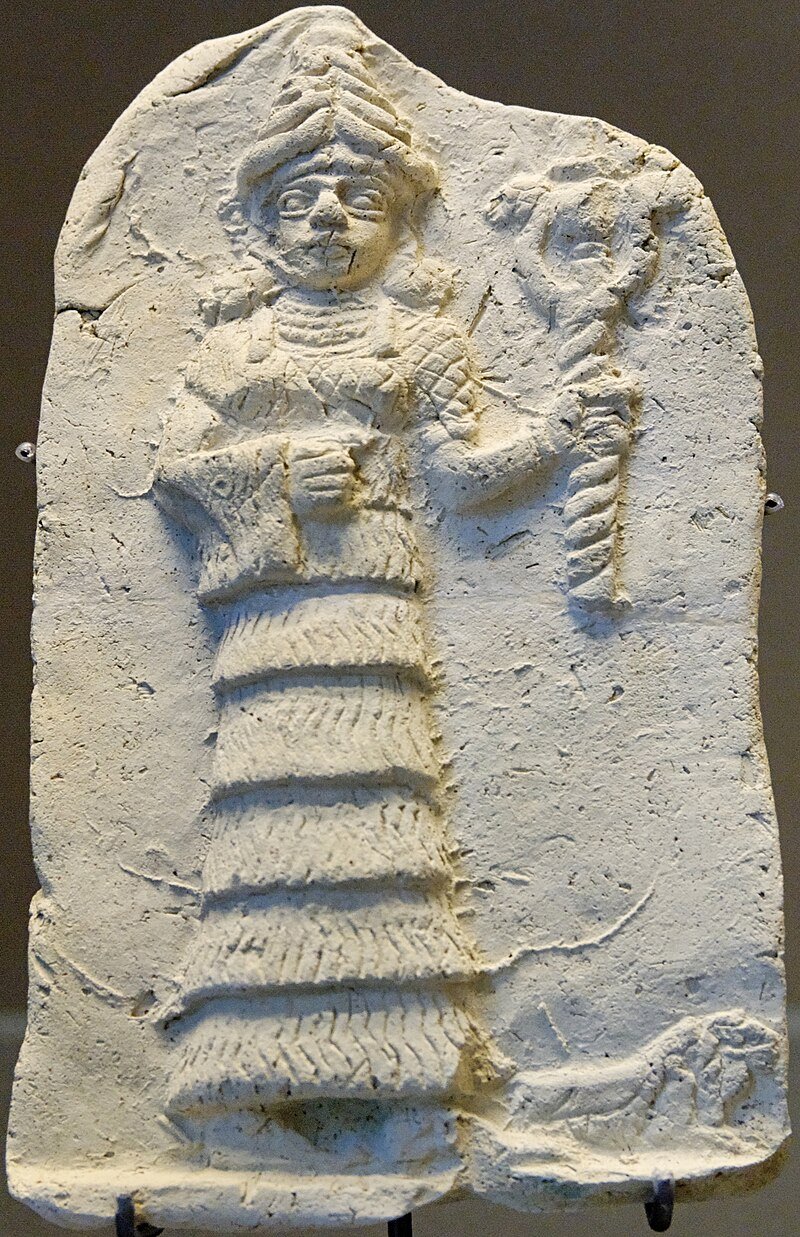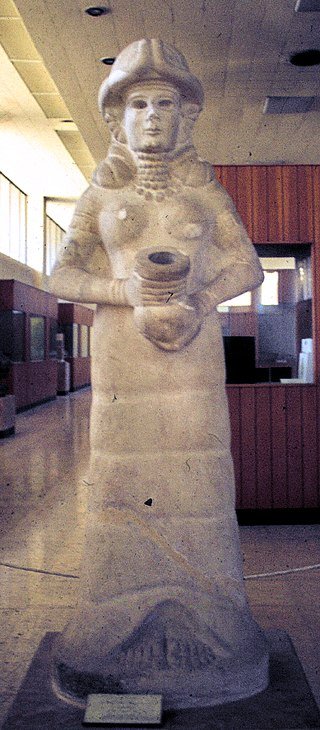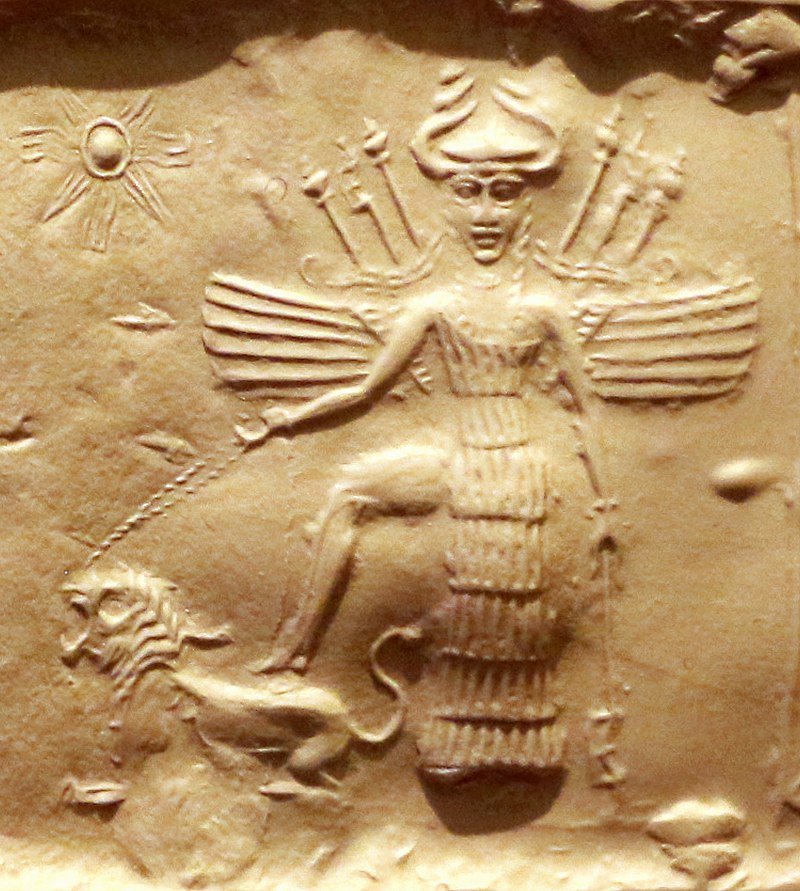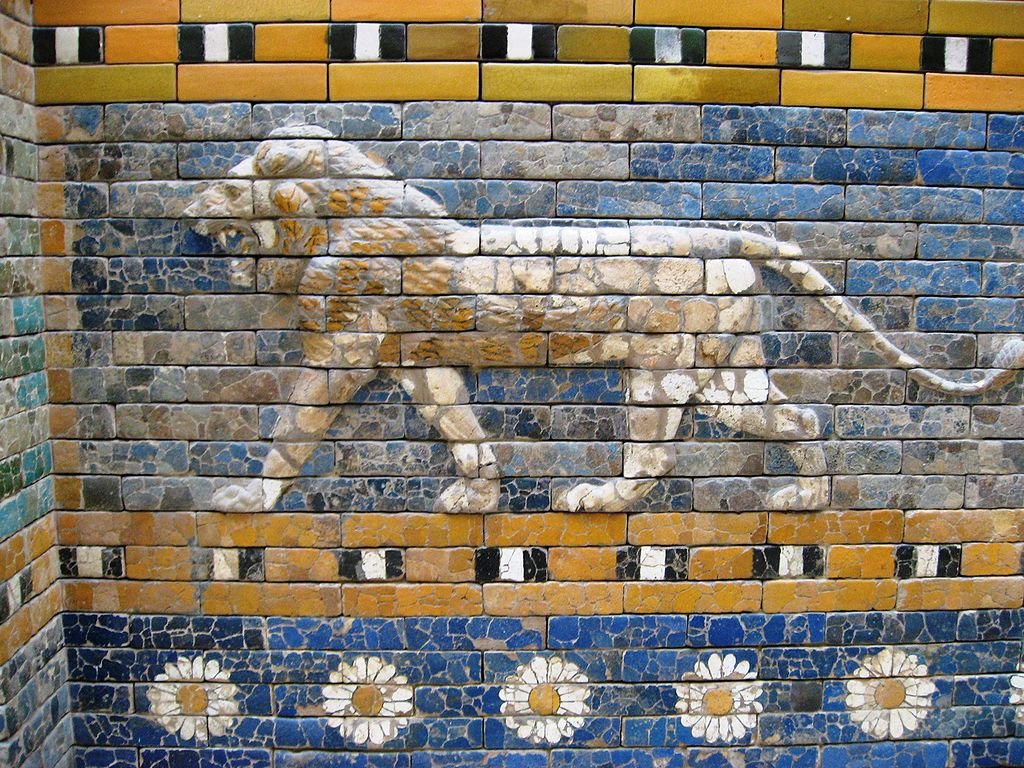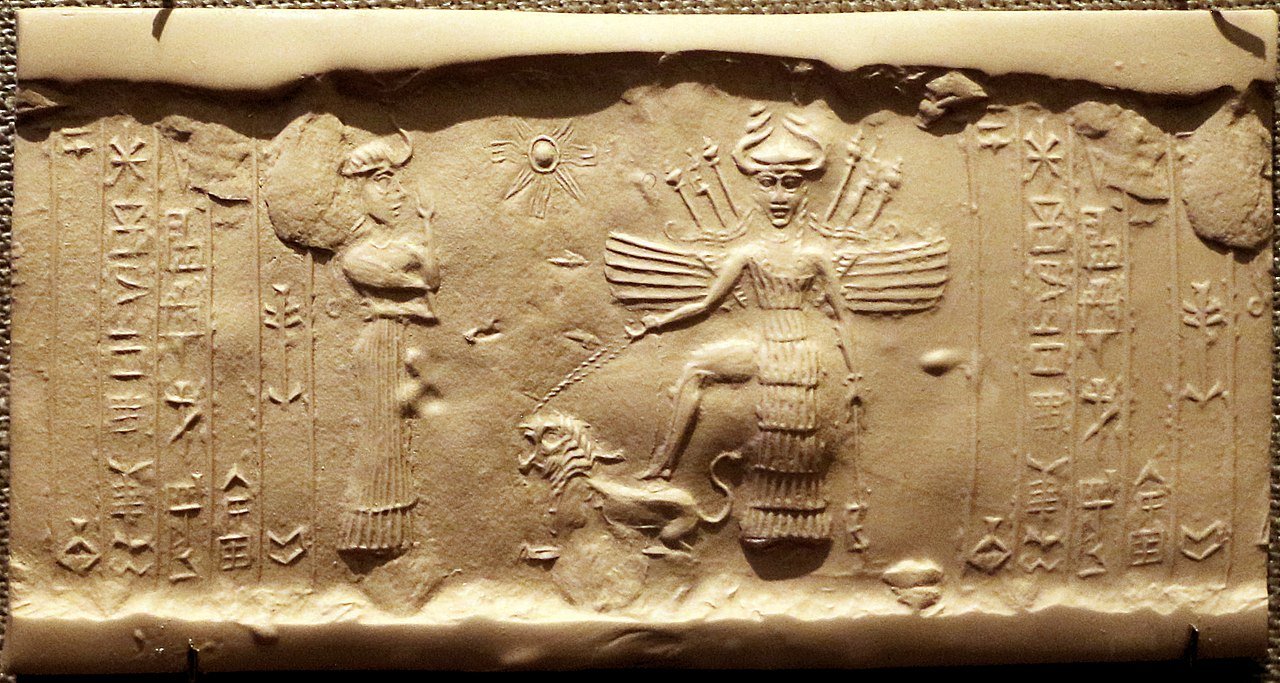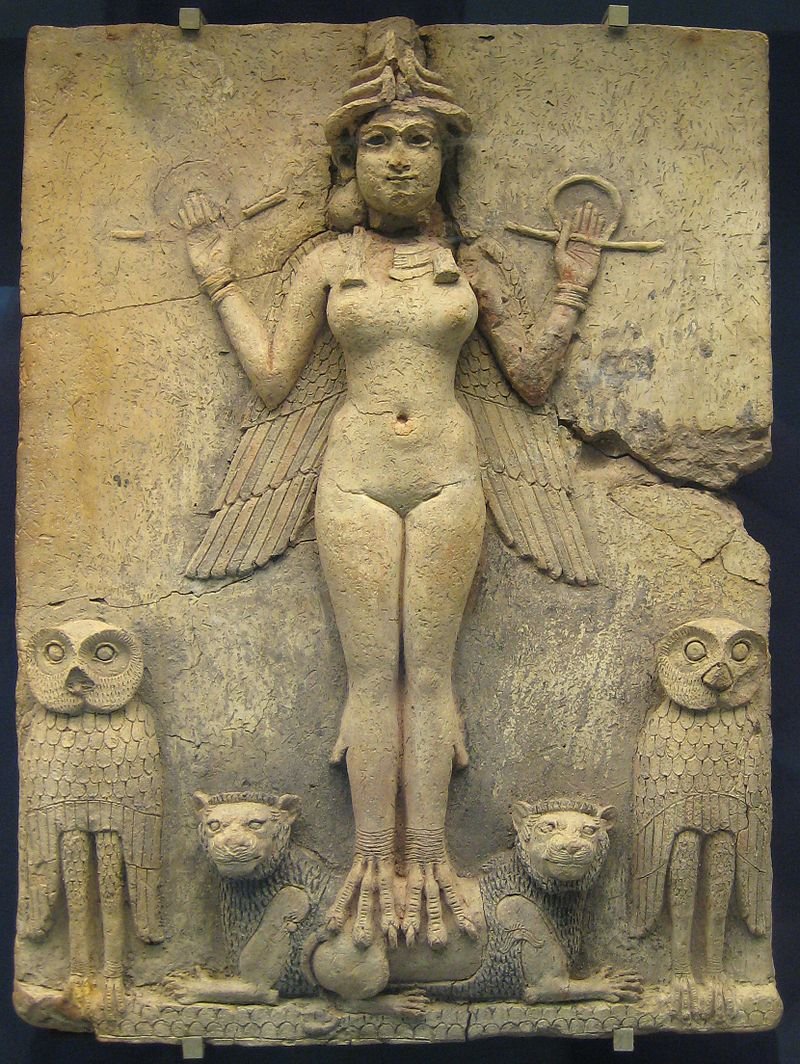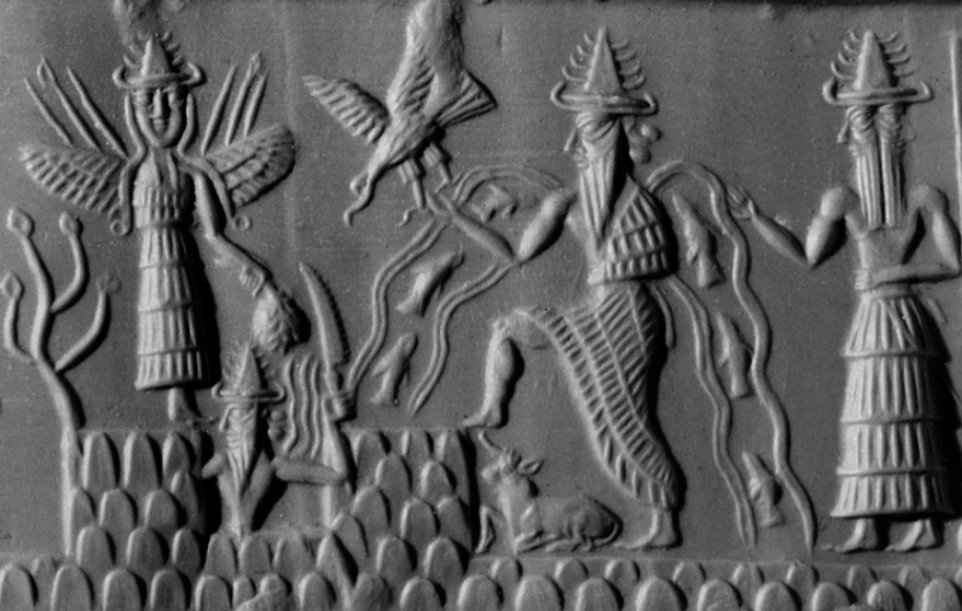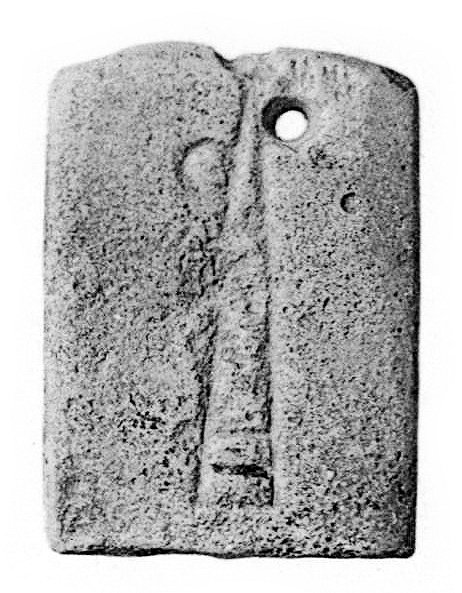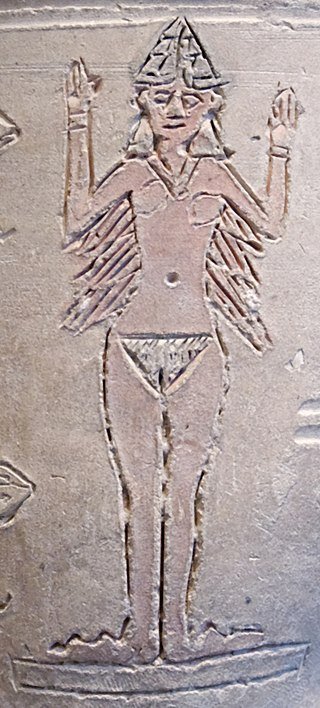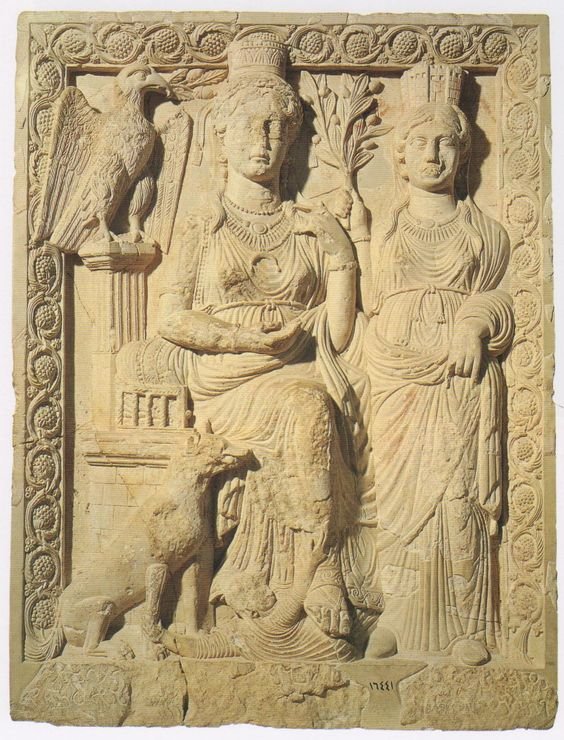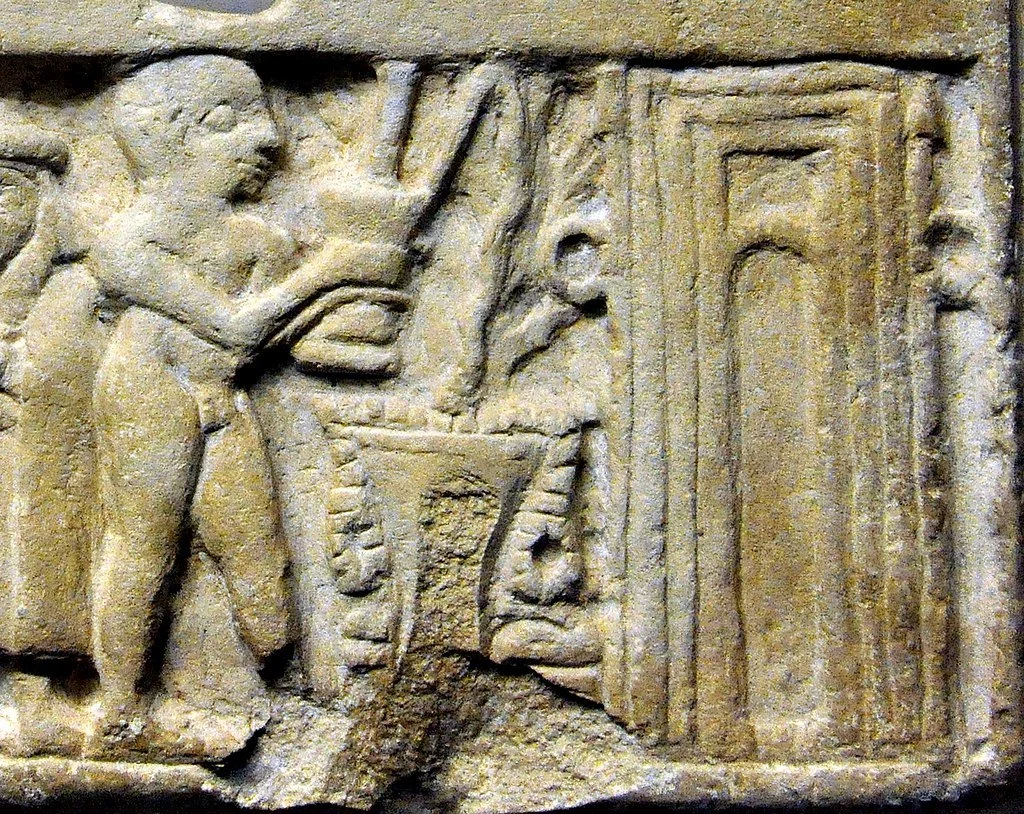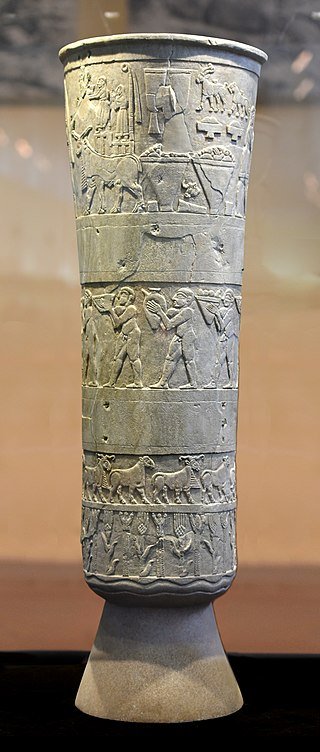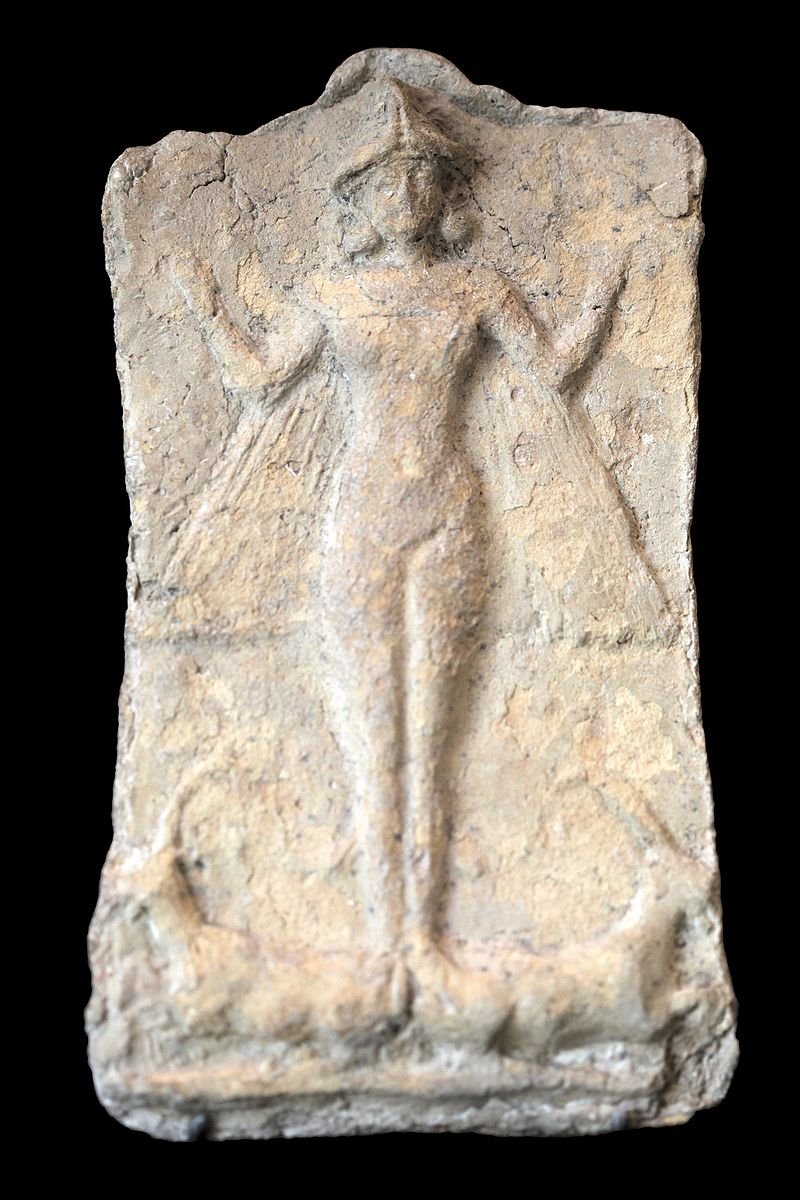Inanna
Inanna
Ishtar
𒁯
Inanna is the ancient Sumerian goddess associated with sensuality, war, and fertility. She was the consort of Dumuzid, shepherd god. Her sister, Ereshkigal, was the queen of the underworld and a significant character in Inanna’s mythology.
How she helps us find healing and strength . . .
Embrace your power: Inanna's mythology portrays her as a goddess of immense power and authority. Modern women can draw inspiration from her example to embrace their own inner strength and assertiveness. Inanna's journey to the underworld demonstrates that even in the face of adversity and challenges, we have the power to overcome obstacles and emerge stronger than before.
Embrace your femininity: Inanna is often associated with femininity, love, and fertility. Her mythology celebrates the feminine qualities of nurturing, compassion, and sensuality. Modern women can honor these aspects of themselves and recognize that femininity is a source of power and beauty.
Seek knowledge and wisdom: Inanna's quest for wisdom and knowledge is a recurring theme in her mythology. She is depicted as a seeker of truth and enlightenment, willing to journey to the depths of the underworld in search of wisdom. Modern women can follow in her footsteps by prioritizing their own intellectual and spiritual growth, seeking out opportunities for learning and self-discovery.
Embrace your sexuality: Inanna's mythology includes elements of sexuality and desire, reflecting the natural human experience of love and passion. Modern women can embrace their own sexuality and celebrate their bodies as a source of pleasure and empowerment. Inanna teaches us that sexuality is a natural and healthy aspect of being human.
Embrace your vulnerability: Inanna's descent to the underworld involves a stripping away of her worldly power and identity, leaving her vulnerable and exposed. Modern women can learn from her example by embracing their own vulnerability and recognizing that it is not a sign of weakness, but rather a source of strength and authenticity.
Overall, Inanna's message for modern women emphasizes the importance of embracing all aspects of oneself – both light and shadow, strength and vulnerability. By honoring our power, femininity, wisdom, sexuality, and vulnerability, we can embody the spirit of Inanna and live authentically and fully as modern women.
Descent of Inanna
In the "Descent of Inanna," the goddess decides to journey to the underworld, ruled by her sister Ereshkigal, the queen of the dead. Inanna's motivations for undertaking this perilous journey vary in different versions of the myth. Some interpretations suggest that she seeks to acquire knowledge or wisdom, while others portray her descent as an act of self-discovery and transformation.
Before descending, Inanna instructs her faithful servant Ninshubur to seek help from the other gods should she fail to return. Inanna passes through seven gates on her descent, at each of which she is required to remove a piece of her attire or jewelry, symbolizing the stripping away of her worldly power and identity. Finally, she stands naked before her sister Ereshkigal, who condemns her to death and hangs her lifeless body on a hook.
Inanna's absence triggers a crisis in the heavens and on earth. Eventually, Enki, the god of wisdom and water, creates two beings from the dirt under his fingernails, which he sends to rescue Inanna. These beings empathize with Ereshkigal's suffering, and after offering her compassion, they secure Inanna's release.
Inanna's return from the underworld is marked by her gradual restoration to life and power, symbolizing the cyclical nature of death and rebirth. Along the way, she retrieves her garments, reclaiming her identity and authority. The myth ends with Inanna ascending from the underworld, accompanied by demons who demand a substitute for her release. Inanna ultimately chooses her consort Dumuzid, who is then condemned to spend half of the year in the underworld as her replacement.
The "Descent of Inanna" is just one of many myths featuring the goddess, but it is among the most celebrated and studied due to its profound themes of death, rebirth, and the journey of the soul. Inanna's mythology offers rich insights into ancient Mesopotamian beliefs about life, death, and the divine, and her stories continue to resonate with modern audiences interested in spirituality, mythology, and the human condition.
